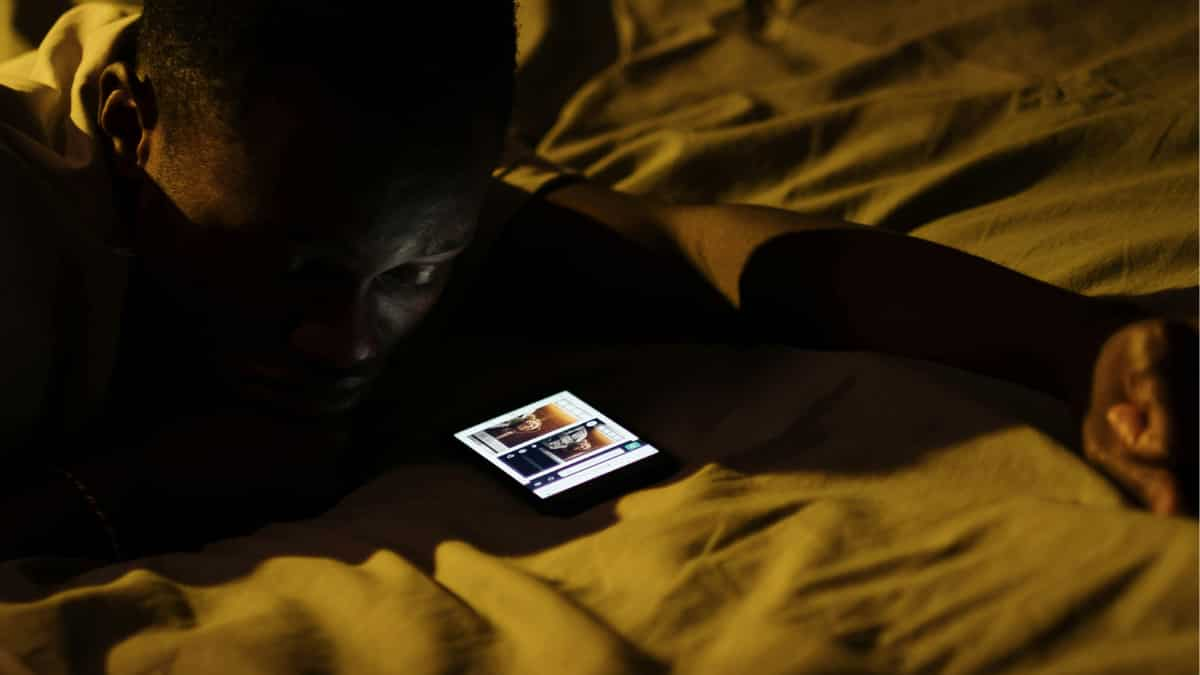
BRIGHT LIGHT OF ANY KIND AT NIGHT PUTS YOU AT RISK OF DEVELOPING A MAJOR LIFESTYLE DISEASE
Scrolling through your phone at night is known to disrupt your sleep as the blue light interferes with the circadian rhythm. The unhealthy habit has now been found to have another side-effect on our health. A study suggests that exposing ourselves to artificial light, including blue light emitted from our devices after midnight, increases the risk of developing type 2 diabetes. Around 85,000 people, between the ages of 40 and 69, participated in the study in which their health was tracked for nine years. All of them wore devices that could track their exposure to different types of lights for a week.
Also Read: Evidence found in Australian cave shows sorcery is the world’s continuously practiced oldest ritual
The UK Biobank experiment found that the participants who went on to develop type 2 diabetes were more likely to have been exposed to light between 12:30 am and 6 am. The 10 per cent of those exposed to artificial light at night had a 67 per cent higher risk of developing type 2 diabetes as compared to those in the bottom 50th percentile.
Avoid all lights at night
While the results don't fully establish anything, they do show how exposure to bright light at night can result in metabolic disorders. Several other factors were also taken into account to better understand what was happening. Researchers accounted for sleep patterns, sex of the person, genetics, diet, physical activities, etc. to see if anything changed. However, nothing seemed to have any impact on the results.
Diabetes has become a common lifestyle disease and study authors say that avoiding artificial light at night can somewhat help ease the problem.
Also Read: Latest underwater discovery can help understand how life might emerge in other worlds
"Advising people to avoid night light is a simple and cost-effective recommendation that may ease the global health burden of type 2 diabetes," the authors of the study, led by researchers at Monash University in Australia, wrote.
Are bad sleeping habits linked to type 2 diabetes?
Yes. As per several studies, a disrupted circadian rhythm causes several health issues in the human body. Glucose tolerance is reduced and insulin secretion is affected. This in turn leads to weight gain which can trigger metabolic disorders like type 2 diabetes.
2024-07-02T06:04:03Z dg43tfdfdgfd